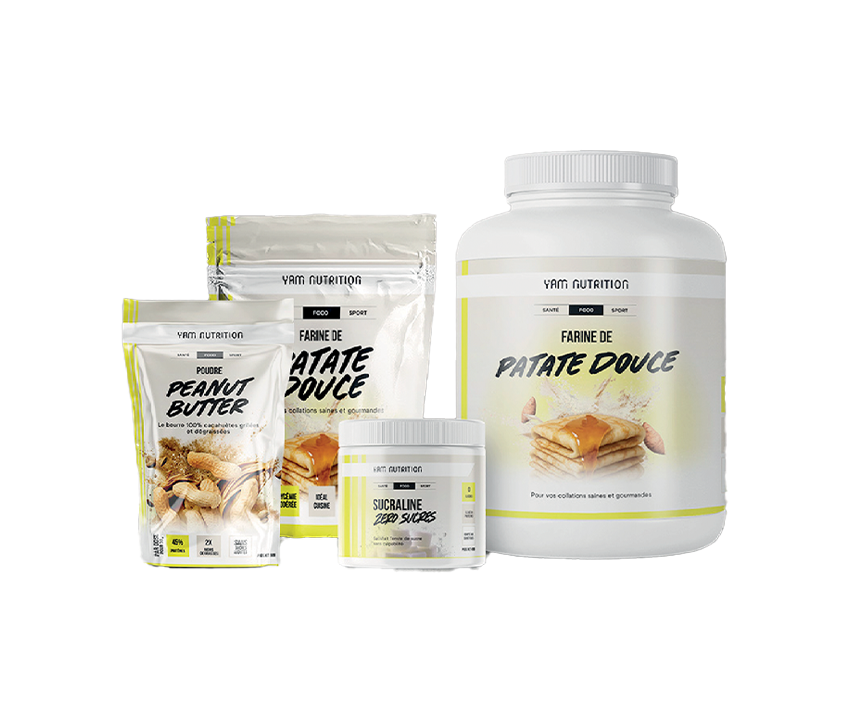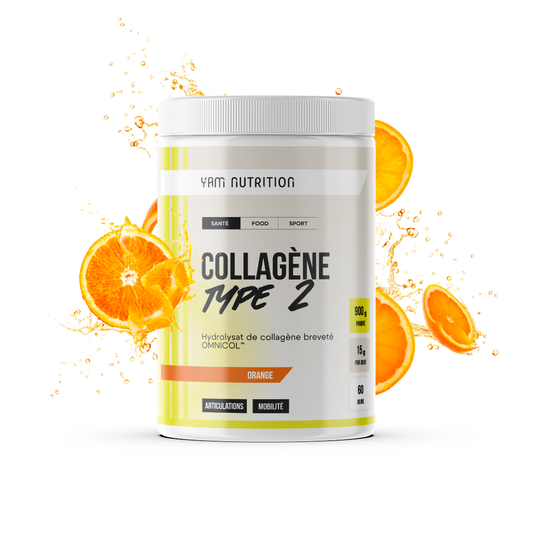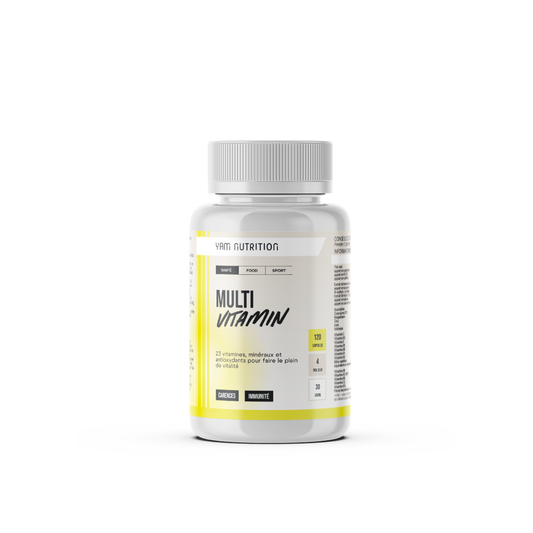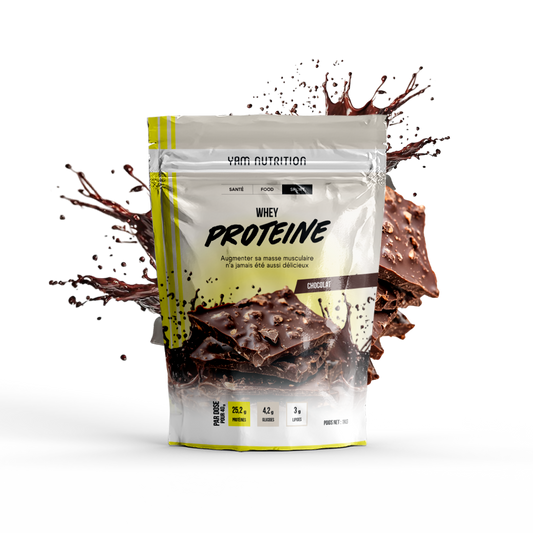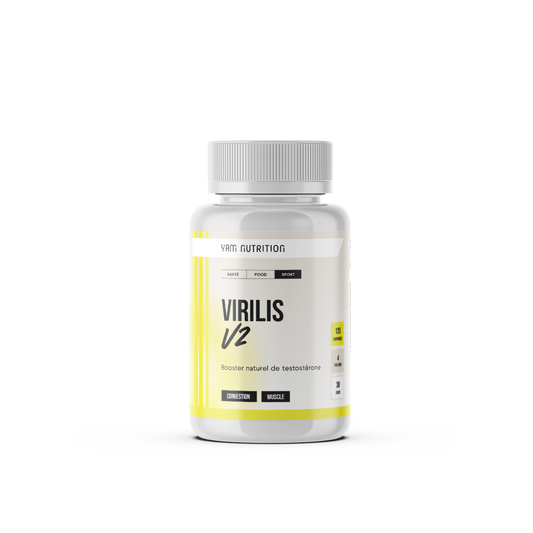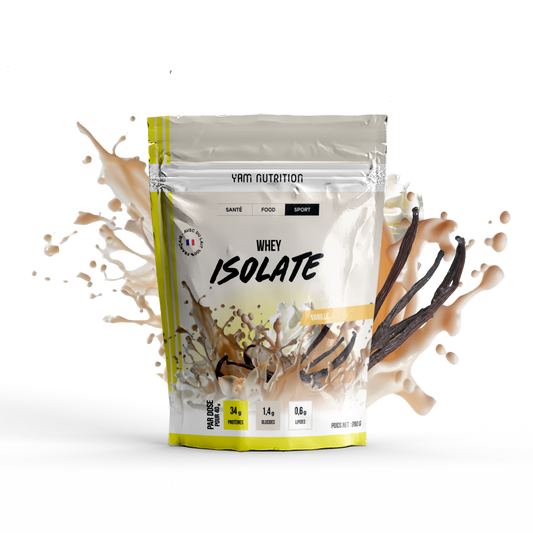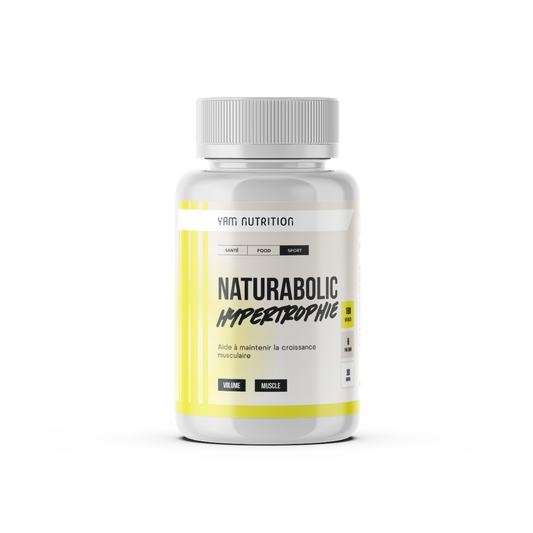Your diet, macronutrients and micronutrients
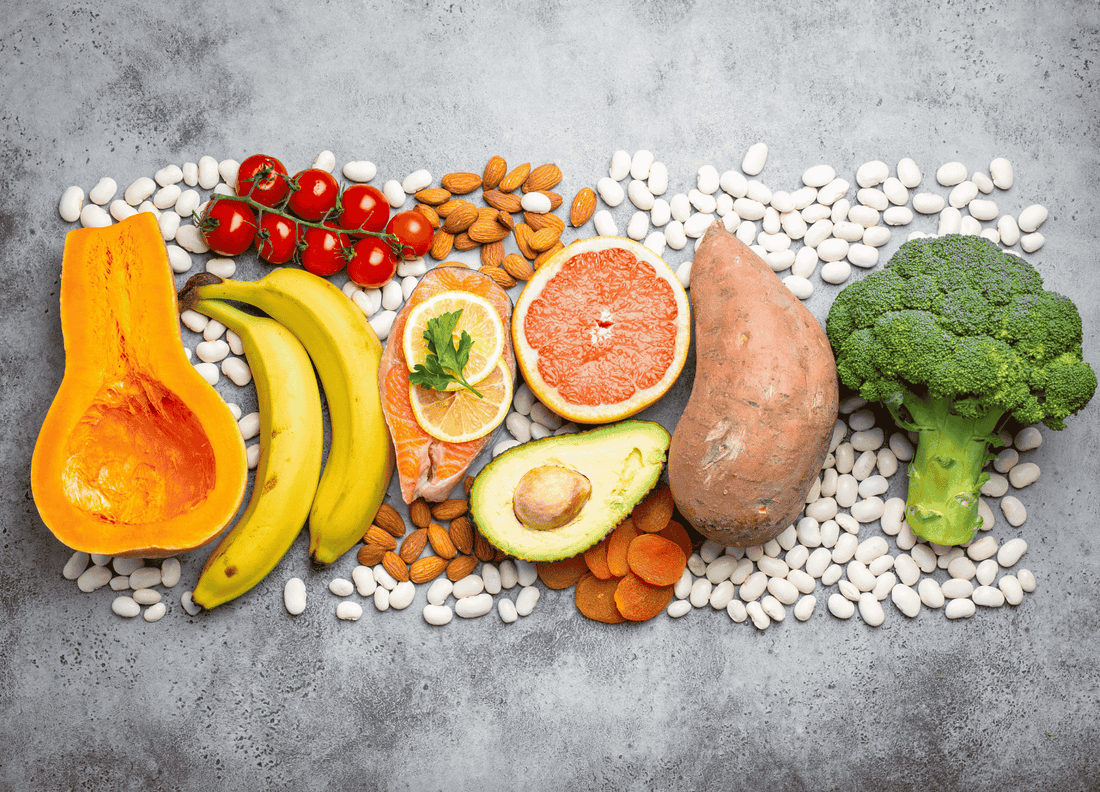
Sommaire
Bodybuilding, Cross Training and other high-intensity sports necessarily rely on a diet dedicated to physical exercise, its practice and the recovery post-workout. To get the best results from your sports practice, your diet must be optimal in terms of nutritional quality and quantity. Macronutrients and micronutrients are the two bases on which sports nutrition is developed. Indeed, energy issues and regeneration of energy reserves depend on these nutrient intakes.
So, we talk about sports nutrition to designate the diet of athletes who want to get the most out of their diet for optimal physical performance. Nutrition selection and management largely determine athletes' athletic results, whether in bodybuilding or endurance training. This is the subject of this article on macro and micronutrients...
OMNICOL™ Patented Collagen Hydrolysate A complex of 23 vitamins, minerals and antioxidants to boost your vitality Building muscle mass has never been so delicious
Collagen Type 2 Powder
Sale price
49,90 €
Multivitamin
Sale price
29,90 €
Whey Protein
Sale price
From 37,90 €
Sports nutrition refers to two main families of nutrients, macronutrients and micronutrients.
Our food contains a very large number of nutrients. These are classified into two main families: macronutrients and micronutrients. Necessary in large quantities, macronutrients are proteins or proteins, carbohydrates and fats or lipids. Micronutrients include vitamins, minerals and trace elements. Non-vitamin antioxidants found in abundance in plants, fruits and vegetables are not considered nutrients, but this has no bearing on their importance for the body and physical performance.
Macronutrients, proteins, carbohydrates, lipids and the athlete's diet
Of the three macronutrients, protein is often highlighted by most sites. In principle, protein contributes to muscle maintenance and growth, but it is not enough to explain how your body will gain muscle. In fact, most of your energy comes from carbohydrates and you need energy to stimulate muscle growth. Finally, the lipids are also a source of dense energy but they also play an essential role as precursors of androgen hormones from cholesterol. This is precisely the case for testosterone .
Testosterone is not only the hormone of sexuality and fertility in men. For example, it induces an increase in muscle mass (hence its use in the sports sector).
So how much protein, carbohydrates, and fat should we be consuming?
This question does not have a general answer because the figures depend on each individual, their daily calorie quota and the desired objective ( mass gain , dryness, strength gain, etc. ). Let's say that in a fairly general way, we could base ourselves on these approximations:
- Make sure you're getting between 1.5 and 2 grams of protein per kilogram of body weight per day. If you weigh 80 kilograms, you should consume between 120 and 160 grams of protein per day on average . 30 to 35% of your total calories from protein would be a suitable number for bodybuilding and strength athletes.
- For carbohydrates, multiply this figure by 2.5 and up to 5, but again, there is no single figure that applies to everyone. Many individual factors (assimilation, insulin/glucagon/cortisol, metabolism, etc.) will cause this figure to vary drastically. Again, the minimum and maximum amount of carbohydrates/day will vary depending on your goal ( mass gain or dryness ) and your ability to synthesize your reserves more or less quickly. muscle glycogen and hepatic. Carbohydrate intake should be the majority for strength sports practitioners.
- As for lipids, it also depends on whether you're trying to gain mass or cut, but in both cases, drastically reducing fat is a dietary error. Never reduce your fat intake below 10 to 15%, even during a cutting period. For mass gain, 20 to 25/30% is a reasonable amount.
Also remember that the quantity of each macronutrient is one thing, but so is their quality. In this sense, it's all about eating foods whose nutrients are easily absorbed. Vary your protein intake to benefit from all the nutrients amino acids in sufficient quantity (animal and vegetable proteins of high nutritional quality). Consume enough mono- and polyunsaturated fats. Olive oil, linseed oil or sea buckthorn oil are excellent sources of essential fatty acids. Also consume more than 80% complex carbohydrates (pasta, vegetables, cereals, fruits, etc.) while avoiding simple sugars outside of meals (repeated and unnecessary insulin spikes). Thus, by balancing the calories you take in with those you expend, you will be able to know if you are going to gain weight or, on the contrary, lose weight .
Micronutrients are necessary for the body's biochemical reactions
Vitamins, minerals and trace elements are among the main micronutrients . By micro- we mean that our body needs them in very small quantities, unlike macronutrients, which are needed in hundreds of grams. In general, the requirements for vitamins, minerals and trace elements are required in milligrams or micrograms for the smallest quantities. For example, the requirements for magnesium are counted in tens of grams while for chromium, they are counted in micrograms.
- Vitamins A, group B (B1, B2, B3, B5, B6, B8, B9, B12), vitamin C, vitamin D, E, K are needed in small amounts. Some are soluble in water, others in fats. This explains why vegetable fats provide you with vitamin A and E, for example. Each vitamin has one or more specific functions. Vitamin requirements increase depending on your physical activity
- Minerals are also very numerous and also ensure many organic functions, well beyond cellular hydration (magnesium, calcium, potassium, etc.)
- Trace elements are also essential, even in very small quantities (chromium, silver, copper, manganese, boron, etc.)
Naturally, the Vitamins , minerals and trace elements are found in vegetables, fruits and almost all foods. The variety of your sports diet can ensure an optimal intake of micronutrients. However, athletes who practice sports intensively would benefit from taking a multivitamin of high nutritional quality to ensure a constant intake of micronutrients. In addition, the antioxidants found in our food are also natural components of our health and athletic performance by neutralizing free radicals resulting from high-intensity physical activity. However, when athletes seriously invest in intense and regular physical activity, a dietary supplement such as a multivitamins often proves essential in order to cover nutritional needs in micronutrients.
As you have understood, it is not enough to stick to a daily calorie total but above all, to correctly analyze what you eat each day so that your diet corresponds precisely to your macro and micronutrient needs ( energy, muscle growth and recovery ).
Eric MALLET
Spécialiste en Nutrition Sportive
